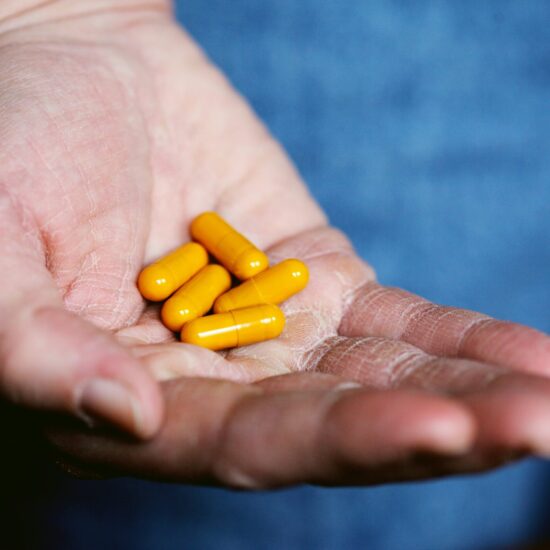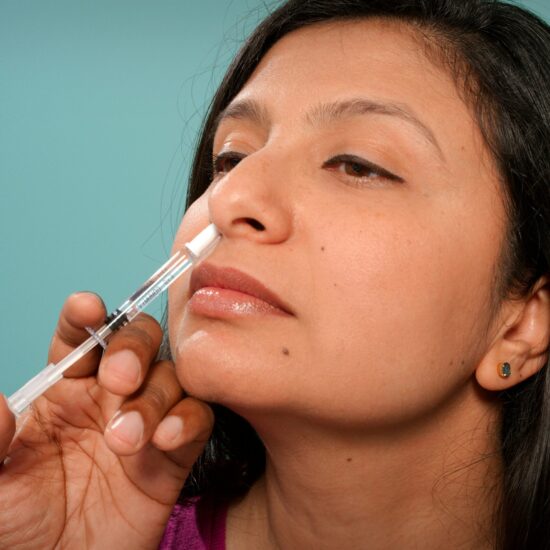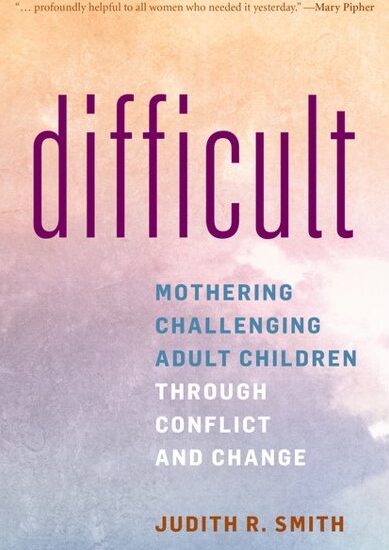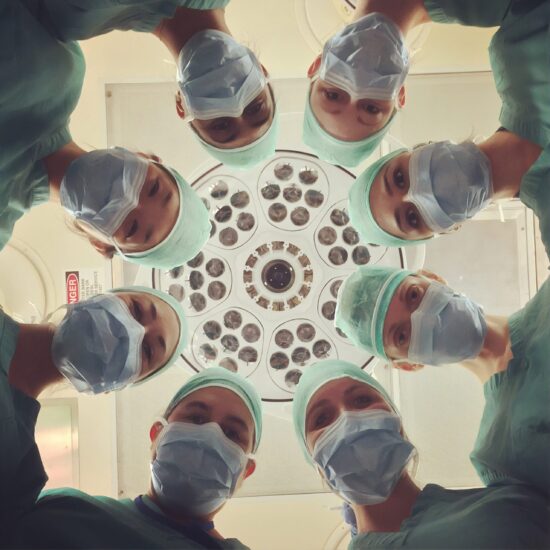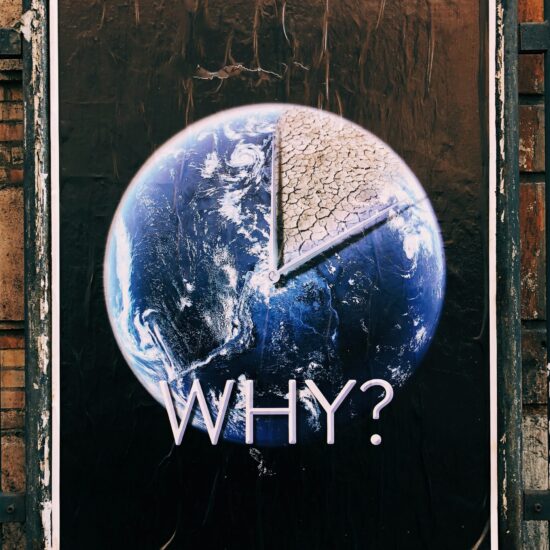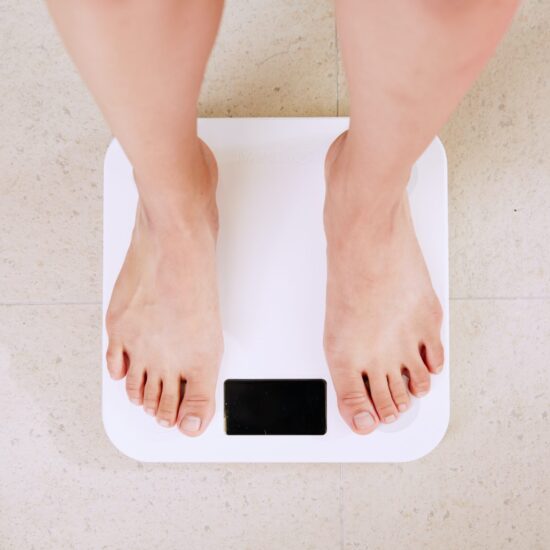This post is by CHMP’s graduate fellow, Amanda Anderson, RN. Amanda is a practicing bedside nurse in Manhattan, and a student in the Hunter-Bellevue School of Nursing‘s dual MSN/MPA program with Baruch College. At HBSON, she co-directs The Nurses Writing Project, a nurse-specific writing program that uses peer-based collaborative writing assistance and reflective writing practices to grow nurse leadership via the written word. She blogs here, and for a number of other nursing sites. Find her clips via her blog, This Nurse Wonders. She tweets @12hourRN.  I think it’s safe to say that most of us can detect when the media is spinning a story. Whether telling or being told, news is often flung wildly across print, television and social media at the whim of the deliverer. We all know the power the media has to shape the way we think, just as much as we all know what to expect when we turn on Fox News.
I think it’s safe to say that most of us can detect when the media is spinning a story. Whether telling or being told, news is often flung wildly across print, television and social media at the whim of the deliverer. We all know the power the media has to shape the way we think, just as much as we all know what to expect when we turn on Fox News.
But since we’re rarely included in the media, nurses may not realize that this week, we became its biggest victim. Our poster child? America’s first recipient of transmitted Ebola, Nurse Nina Pham of Texas Health Presbyterian Hospital in Dallas.
On Tuesday, likely to quell the anger of nurses over the CDC’s wording on the cause of Pham’s diagnosis, the Times ran the story, “Ebola Puts Nina Pham, a Nurse Unaccustomed to the Spotlight, in Its Glare” Written by Jack Healy, the story came nicely packaged with a photo of the young, beautiful woman on her cell phone, assurances of Nurse Pham’s stable state of rest, that she checks her charts twice, and that her little dog is safe.
To pick one story on this evolving topic is difficult. But I believe a quick dissection of the Times initial coverage of Nurse Pham is most vital to the nursing community in our current state of Ebola dialogue. With it, the media has stuck us in the age-old angel corner, and in doing so, largely distracted us from spinning our own evidence-based, intelligent tale.
Here’s where I think we, the expert nursing community, went missing in this piece, and what we might have added by way of a credible, clear and constructive defense to Nurse Pham, and an attempt to gain control of the dialogue about nursing in the shadow of Ebola.
Nurse Pham is a professional.
The Times cited a friend of Pham’s, a Jennifer Joseph, titling her simply as a former colleague. Joseph later outs herself as a nurse, saying that Pham helped her orient to the ICU. She also speaks on Pham’s character, which is the only instance when the Times spins Pham’s breach – she’s a conscientious, nice nurse, how could have…made a human error?
Not once does the Times speak of Pham’s experience as a nurse. They disclose that she graduated from an accelerated degree program, but they do not tell the public what this means – that this is the equivalent of a Bachelor’s degree. No quantification of her experience as an ICU nurse is made.
How different the spin of this article would have been if the reporter included the remarks and expertise of an experienced nurse to address Pham’s ICU experience, professionalism, and the role that the hospital played – or did not play – in preparing their nursing staff. This missed media opportunity likely did little but distract a public already entering mid-panic over the competency and protection of its most trusted profession.
Whether Pham has little ICU experience, or she is a nationally recognized critical care specialist, a discussion of her professionalism as a nurse by a nurse, remains an opportunity too valuable to miss. Without our voices, the Times spins us into the numb land of human interest – beautiful, young, saintly nurse turned patient – and away from a much-needed dialogue on what makes a nurse credibile, and what a credible nurse actually does at the bedside.
Nurse Pham is a victim of poor training.
As an experienced MICU nurse who cared for critically ill patients during the deadly 2008 H1N1 epidemic, my first question about Nurse Pham would have been: “What was the protocol that she breached, and how did her hospital prepare her?” Instead, this article had me wondering what might happen to her dog. By focusing on personal attributes, the media created a cause, but with it, a distraction. Now, days and diagnoses later, the truth of the hospital’s state of unpreparedness has finally surfaced via the voice of an angry nurse employee.
Whose fault is this initial soft spin? In my opinion, the nursing profession should shoulder part of the blame. Barring a very outspoken nursing union and a lot of social media drivel, many of us are not asking critical questions to critical media contributors. What exactly happened in that Texas hospital? Did the journalist reach out to Texas Health Presbyterian Hospital in Dallas and ask to speak to an expert infectious control nurse or nurse epidemiologist? Are these nurse experts reaching out to the media to pitch themselves as experts?
Likely, the question we all want an answer to – “What went wrong?” – will not be subject to conjecture for quite some time. Our outside perspective but inside nursing knowledge is direly needed to spin nursing’s take. By asking about the nature of Pham’s training and her employer’s lack of preparedness, expert nurse voice could act as the vehicle for shifting the Ebola debate towards the discussion of a systems-level problem of neglect towards nurses, that existed long before the virus entered our land.
Nurse Pham should be our example, not our media darling.
While my thoughts go out to Nurse Pham, who is undergoing what I can only define as every nurse’s nightmare, I think we do ourselves a disservice as a profession to jump into the human spin of her story. As American Academy of Nursing president, Diana Mason aptly said to NPR this week, “If your hospital’s not prepared for Ebola, the nurses will know it.” When we focus on fluff, and do not speak critically with the media on the details of our care, we keep vital, nurse-specific observation points from policy makers.
Want the CDC to change their PPE protocol? Stop threatening to strike for specific items and instead study their recommendations on PPE procedure. Look at pictures of Ebola in Africa; recognize its theft of humanity, and that it is a threat to many more lives than just our own.
Then, talk to your media outlets and spin nursing’s story in ways that count. Talk about your experiences with PPE training, now and in the past. Call in to your local radio station about the quality of your PPE at work and what it feels like to wear it – in an unbiased, factual manner. When you see a CDC policy that makes you scratch your head, refrain from tweeting it with a thoughtless comment, and look into it. Could you explain it better?
Ebola is nursing’s tracer-test – it exposes just how unsupported, and yet just how crucial we really are to America’s health. We should move away from blanket statements based in fear and not fact. Using Nurse Pham as our example, we must make ourselves available to the media as the experts that we are, demanding the policies necessary for vigilant Ebola care, while offering our expertise for their creation.



